Dealing with breakouts is a nightmare, and it often seems like pimples appear at the most inopportune times. Before you know it, you’re picking at the blemishes and making them worse. While there’s no going back in time to prevent the zits you already have, you can take steps to limit future breakouts. It helps to know the root cause, though — and that can be challenging, since there’s no shortage of sneaky things that could be irritating your skin.
There’s so much more to consider beyond just basic acne prevention tips such as using a face cleanser and washing greasy hair. For example, bedding that looks clean may actually be harboring harmful microbes that can exacerbate your skin issues, and even your mental health plays a role. Here are five surprising things that could be causing you to break out.
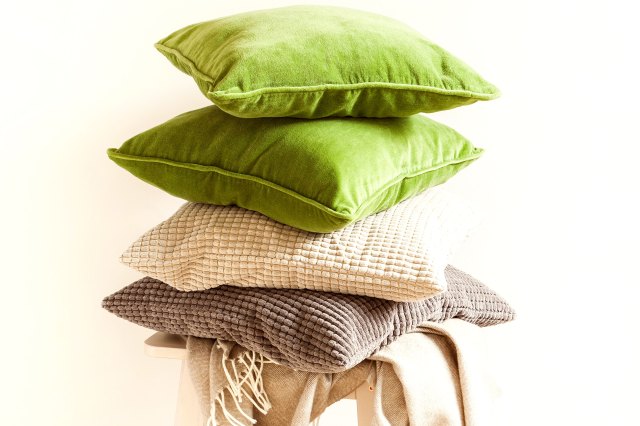
Dirty Pillows
Think about how much time you spend with your face against your pillow. Then consider how much sweat, drool, dirt, dead skin, and oil accumulate on that pillow as you sleep. All of those combine to form a bacteria-friendly environment that can wreak havoc on your skin. To limit outbreaks, wash your pillowcases weekly. (The average American washes their bedding every 24 days, but experts say that’s not often enough.) You also should wash the pillows themselves a few times a year — but check the manufacturer’s tag for care instructions, as some pillows can’t just be tossed in the washing machine.

Excessive Sunlight
Getting natural sunlight is important for vitamin D (among other things), but in some cases, it could contribute to your skin problems. Facial skin easily dries out when overexposed to sunlight, which sends our oil-producing glands into high gear. This excessive production of natural oils can lead to a condition called seborrhea, which increases the odds of pores becoming clogged and inflamed. In order to prevent outbreaks from forming due to sunlight, wear sunscreen whenever you go outside — not just on sunny days. (UV rays can still creep through cloudier skies.) A hat can also help shield your face if you know you’ll be in the sun for an extended period.

General Anxiety
While anxiety and depression don’t necessarily cause acne, they can exacerbate outbreaks already in progress. Stress leads to increased oil production, which in turn clogs the pores and can lead to inflammation. Anxiety may also increase levels of hormones such as glucocorticoids, which are thought to possibly worsen skin outbreaks, though this phenomenon is not entirely understood. And mental anguish may contribute to bad habits such as picking at your blemishes or lying in bed all day on a dirty pillow, which could make skin woes worse.
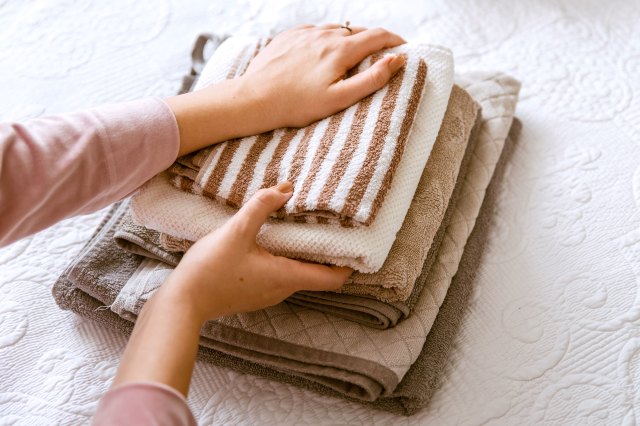
Laundry Detergent
Clean bedding and clothes are good for your skin, but some detergents have harsh chemicals that could do more harm than good. For people with sensitive or acne-prone skin, foaming agents such as sodium lauryl sulfate, which is known to clog pores and prevent your natural oils from properly draining, may cause irritation or inflammation. Fragrances can also exacerbate breakouts. And if you use a fabric softener, it could leave residue on your laundry, which in turn can irritate any skin that comes into contact with it. If you’re worried that your detergent may be worsening your skin health, consult a dermatologist and consider products that are specifically designed for sensitive skin.
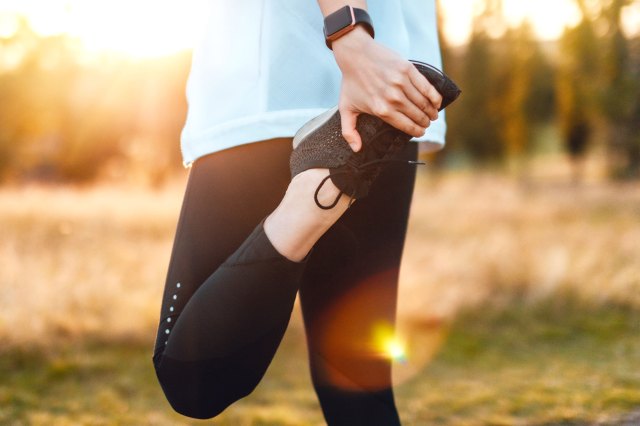
Working Out
Exercise is a critical component of any good health regimen, but all that sweat and oil you produce as a result can leave your skin worse for wear. That’s why it’s important to maintain proper hygiene. Always wear clean gym clothes to begin with, and wash them after each workout. You also should remove any makeup prior to a workout, as the combination of makeup and sweat may clog your pores. And while you’re working out, be sure to keep long hair tied back, and wipe down any shared equipment before and after use. Lastly, shower as soon as possible after exercising, as waiting even an hour or two may be enough to aggravate the skin.
This article is for general informational purposes only.
Affiliate Disclaimer Medical Disclaimer










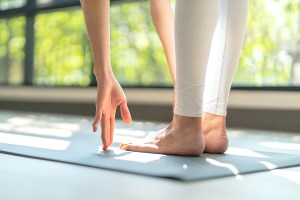


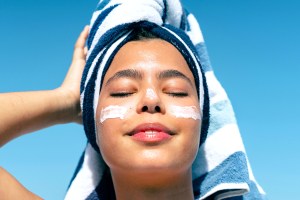


 Unique Beauty is free for all users.
Unique Beauty is free for all users.